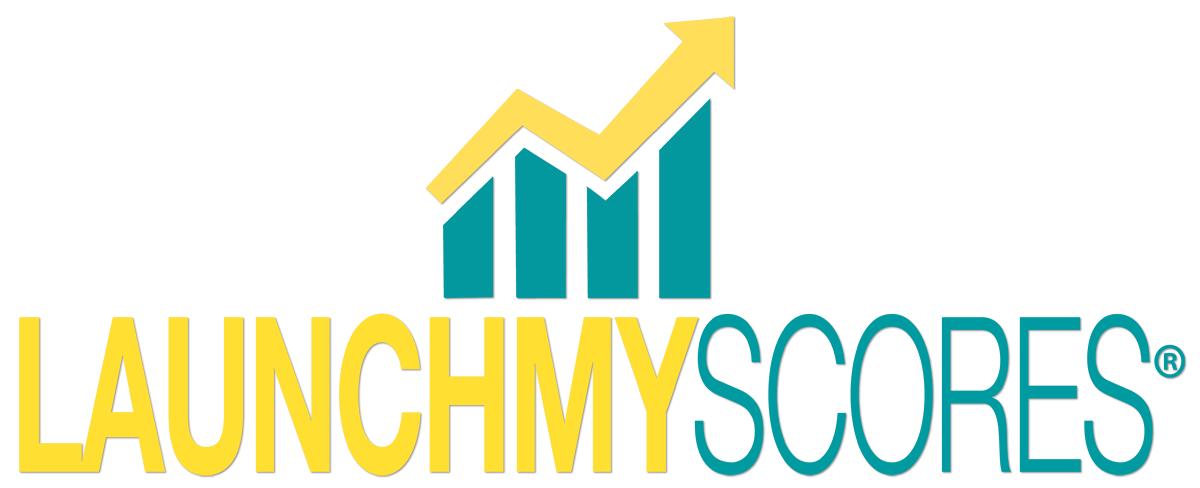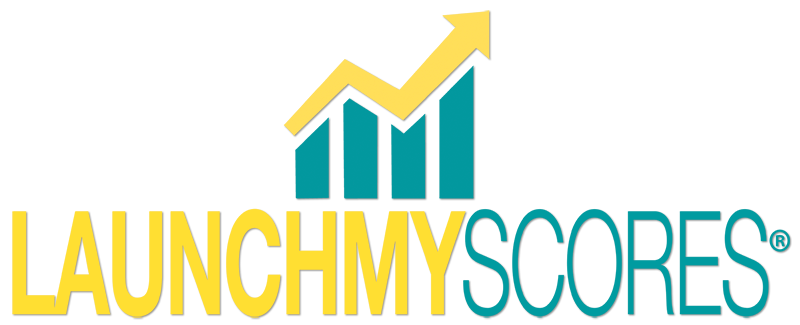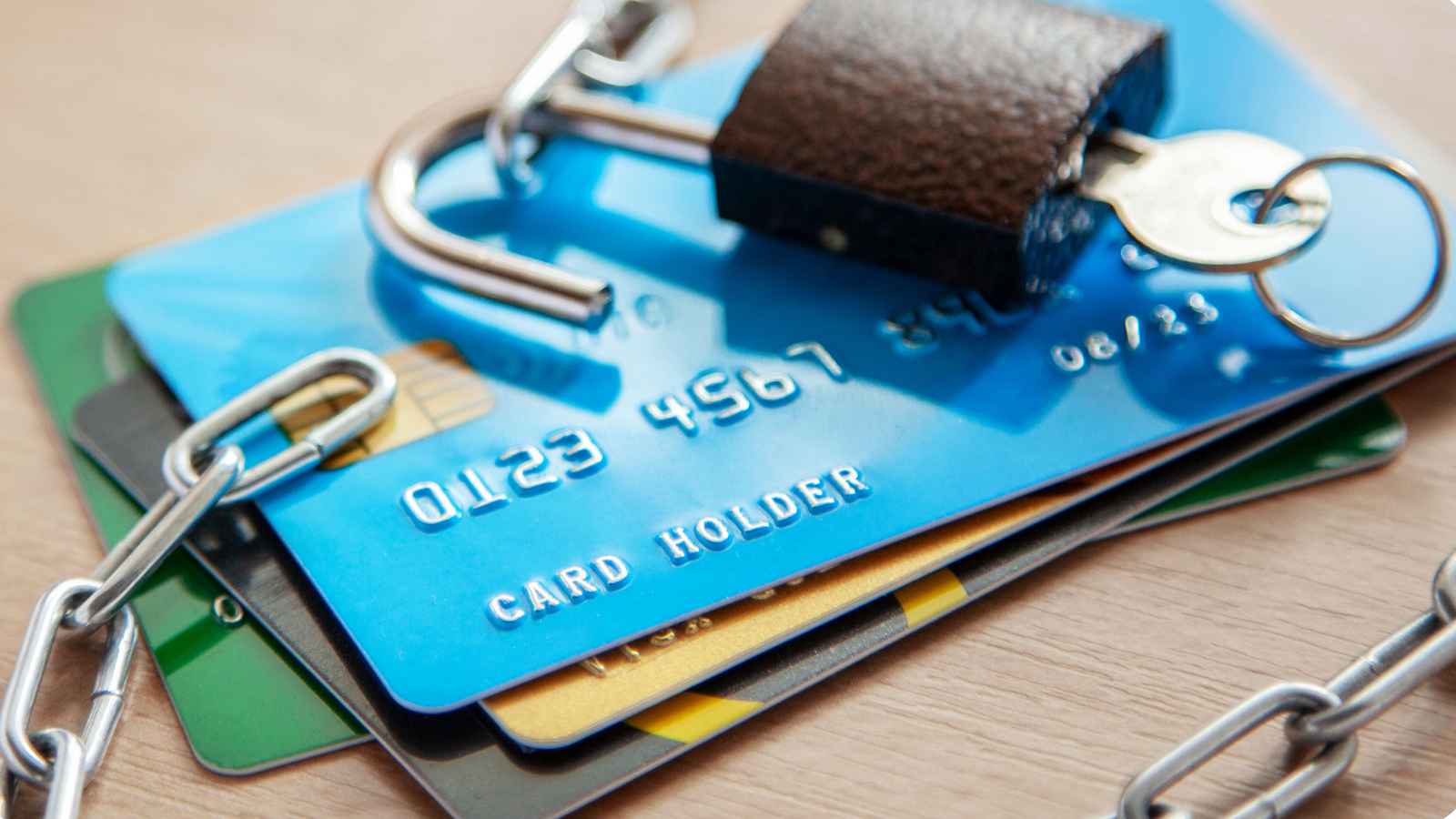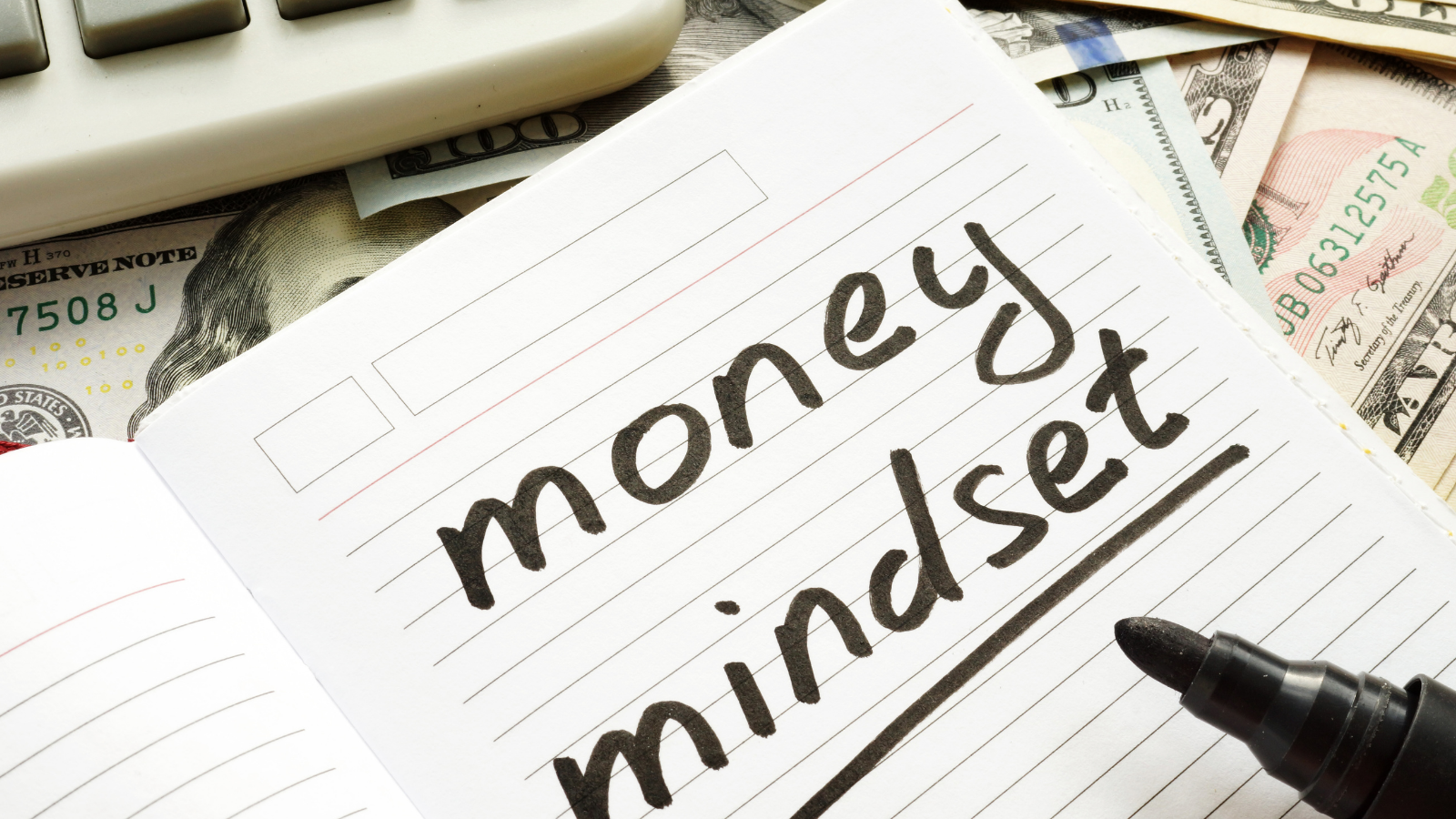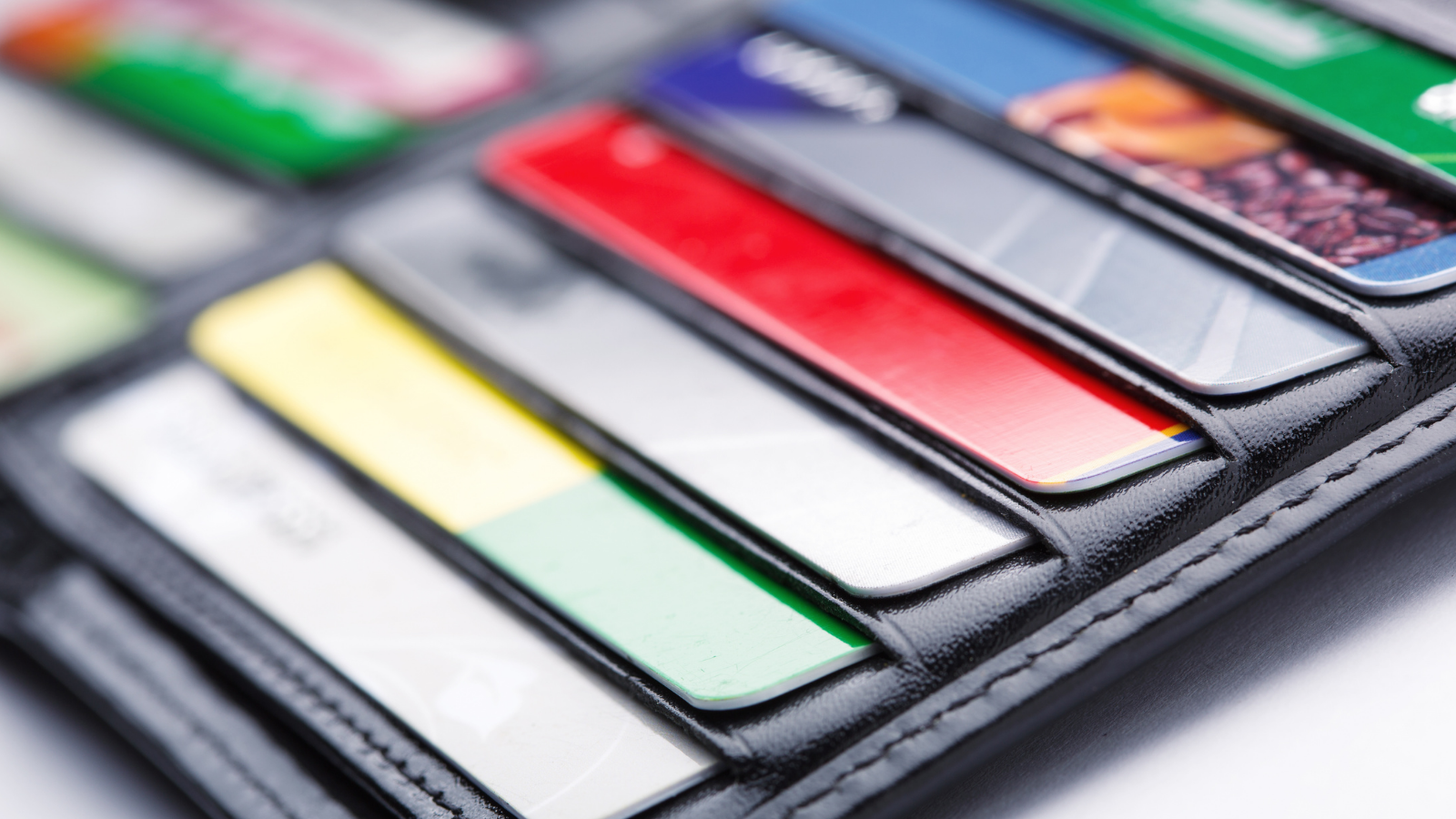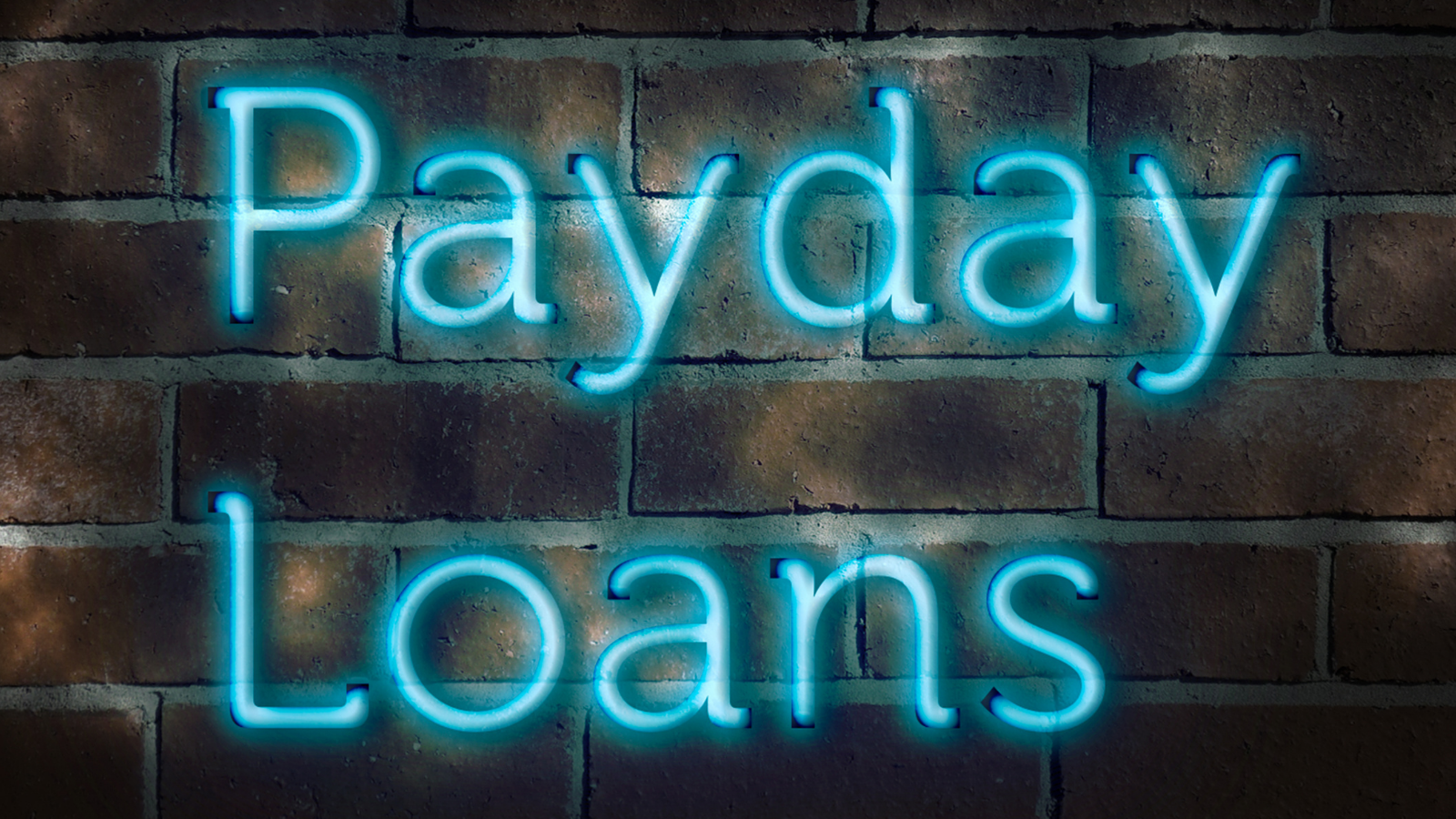Whether you have bad credit or no credit at all, the only way to establish or rebuild a healthy credit rating is to make monthly payments (on time) for money borrowed on credit.
There are many ways to accomplish this but the easiest is to apply for a credit card or get an installment loan and let those on-time payments get reported to the credit bureaus over time.
There’s just one problem with that – you need “good” credit to get approved for credit cards and loans. If you have bad credit or no credit history, getting new credit without putting up collateral can be a tremendous challenge.
That’s where credit builder loans come in.
What is a Credit Builder Loan?
A credit-builder loan is a small loan made by a credit union, bank, nonprofit, or online lender designed to help consumers establish or improve their credit profile through on-time payments. These on-time payments work together to build a positive payment history.
Like traditional personal loans, credit-builder loans carry fixed interest rates and repayment terms. But where personal loans offer money upfront in a lump sum that you must pay back over time, credit-builder loan lenders typically freeze your funds in an account while you make payments.
Once you’ve successfully completed paying off your credit builder loan, you get your funds. This is essentially a win-win for consumers and lenders.
These loans are safer because they are kept in a secured account until loan is paid back in full. And the lender will typically charge interest, ranging from around 6% to close to 20%, depending on the terms of your loan.
How Is Self Different From Traditional Credit Builder Loans?
Unlike typical credit builder loans, where you have to make a security deposit–usually into a savings account–Self (formerly Self Lender) sets you up to fund a certificate of deposit (CD). The CD has a term of either 12 months or 24 months. You can choose the amount of money for the CD from among four different amounts.
You will make monthly payments, which will gradually build toward the final CD balance. At the end of the loan/CD term, the CD is available for withdrawal. In the meantime, all three major credit bureaus receive reports on your payment history – thus, building your positive credit history.
If you’ve been diligent about paying on time and in full – and assuming you haven’t run into any other credit trouble in the meantime – you should end up with an improved credit score and a decent chunk of savings.
What is the Cost for Self Loans?
There’s no application needed to become a member of Self, but you will need to apply for a Credit Builder Account. Within this application process, you will specify which of Self’s four account options you want:
- $25 monthly payments over a 24-month term, resulting in a $520 payout
- $35 monthly payments over a 24-month term, resulting in a $724 payout
- $48 monthly payments over a 12-month term, resulting in a $539 payout
- $150 monthly payments over a 12-month term, resulting in a $1,663 payout
If you receive approval for a Credit Builder Account, you’ll immediately be charged a one-time $9 administrative fee. Simultaneously, Self’s banking partner will place the loan funds in your CD account.
Starting the following month, your payments will begin, with each being equal for the loan’s entire length. If you’re late on a payment, there’s a 15-day grace period, followed by a late fee equal to 5% of your payment amount.
What are the Pros and Cons of the Self App?
Pros:
- Flexible credit requirements — Self is designed to help consumers improve their credit, so you can qualify even if other lenders have turned you down.
- Low monthly payments — You’ll only have to pay the monthly amount you’ve chosen, which can be as low as $25, with interest taken out of the money you’ve saved.
- Early payoff options — If you want access to your funds early, you can choose to cash out and get the amount you’ve already paid, minus interest and fees.
- Helpful resources — Self offers plenty of educational materials to help you learn how credit works.
Cons:
- Fee for debit card payments — You can pay by ACH or debit card, but debit card transactions will incur a $0.30 + 2.99% fee per transaction.
- Loan held until the end — Like other credit-building loans, Self doesn’t issue your loan until you’ve made all the payments.
- Negative reporting for late payments — Self-reports activity to all three credit bureaus, so late payments will likely hurt your score.
Who Should NOT Apply for the Self Loan?
If you don’t have a consistent source of income and aren’t confident that you’ll be able to make on-time payments every single month, this loan isn’t worth your time. In fact, you could end up damaging your credit even worse if you miss or pay late.
The Self lender program not only creates a solution for those needing a simple way to build their own credit. But the company also has built a reputation around their stellar customer service and their collective desire to treat their members the way they’d like to be treated.
